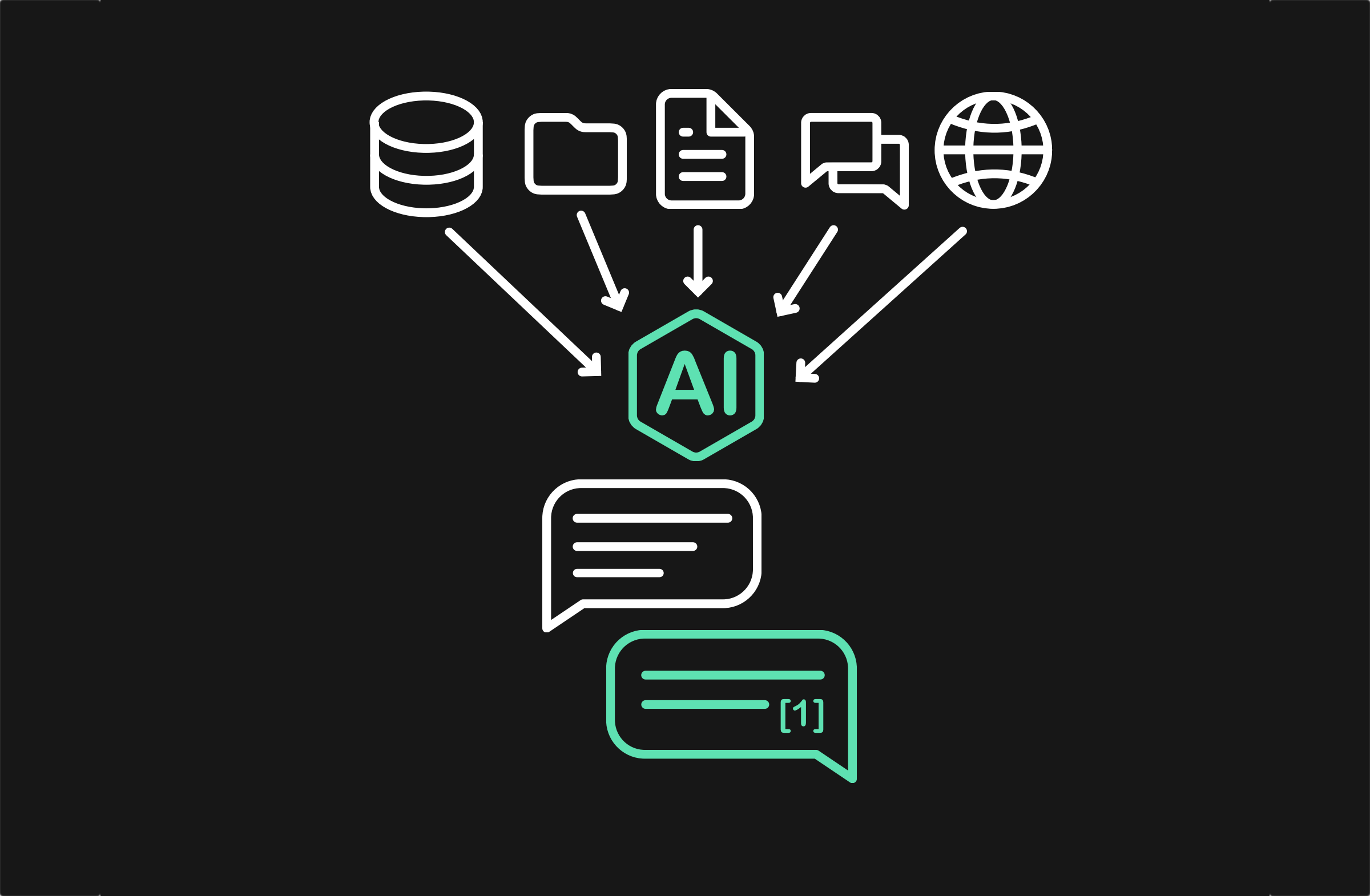
Software projects create a vast history. This critical knowledge like technical decisions, feature history, configuration details etc. quickly scatters across tickets, wikis, chat threads, and documents.
Finding one specific answer can take minutes or hours. This "knowledge hunting" has a significant, hidden cost that slows down development and frustrates teams.
Knowledge hunting is the time teams spend searching for information instead of building. This search creates a constant drag on project velocity.
We saw routine questions causing 30- to 120-minute delays while a developer dug through documentation, tickets or messages. Onboarding a new developer or product owner often took one to two weeks, slowing down the entire team as they tried to absorb years of project history.
To solve this, we built the AI Project Assistant. It acts as a centralized, intelligent knowledge engine for each client project, turning a fragmented archive into an active partner.
It's not just a search bar. It uses a Large Language Model (LLM) to access all project history, understand natural language questions, and provide clear, cited answers in seconds.
The assistant connects to all primary data sources to build a complete picture. It indexes project management tickets (descriptions, comments, status), wiki pages, technical docs, PDF uploads, and relevant chat messages.
Teams access it directly in the platforms they already use, like Slack. They can ask questions in a private, 1-on-1 chat or tag the bot in a shared channel to make answers visible to everyone.
Explore the case study and dive into the architecture, key metrics, and use cases.
Take me there!The results show the impact of eliminating this friction. The most significant win is in onboarding: new team members can become effective in less than one day, down from one to two weeks.
This shift means our teams and clients get unblocked faster. It frees everyone to focus on building new features rather than searching for existing information.
Handling client data requires a foundation of trust. The system is built with a strict, opt-in access model from the ground up.
Client data is stored in completely separate, isolated collections. Access is granular, meaning users are mapped only to the specific projects they are authorized to see. This data segregation is non-negotiable.
This tool is actively evolving based on team feedback. Our roadmap is focused on deeper integrations and broader access.
This includes new access channels, like a web-based chat interface and direct IDE integration for developers. We are also expanding data integrations to include Jira, Confluence, and source code repositories. The goal is to create a complete, queryable history of every project.
By providing central access to project knowledge through natural language, we unblock our teams and clients. The focus shifts from hunting for existing decisions to making new, informed ones.
For a detailed breakdown of the project, including the full list of key results, the technical architecture, and specific client/developer use cases:
See how an AI Project Assistant can centralize knowledge from multiple sources and answer questions with citations.
